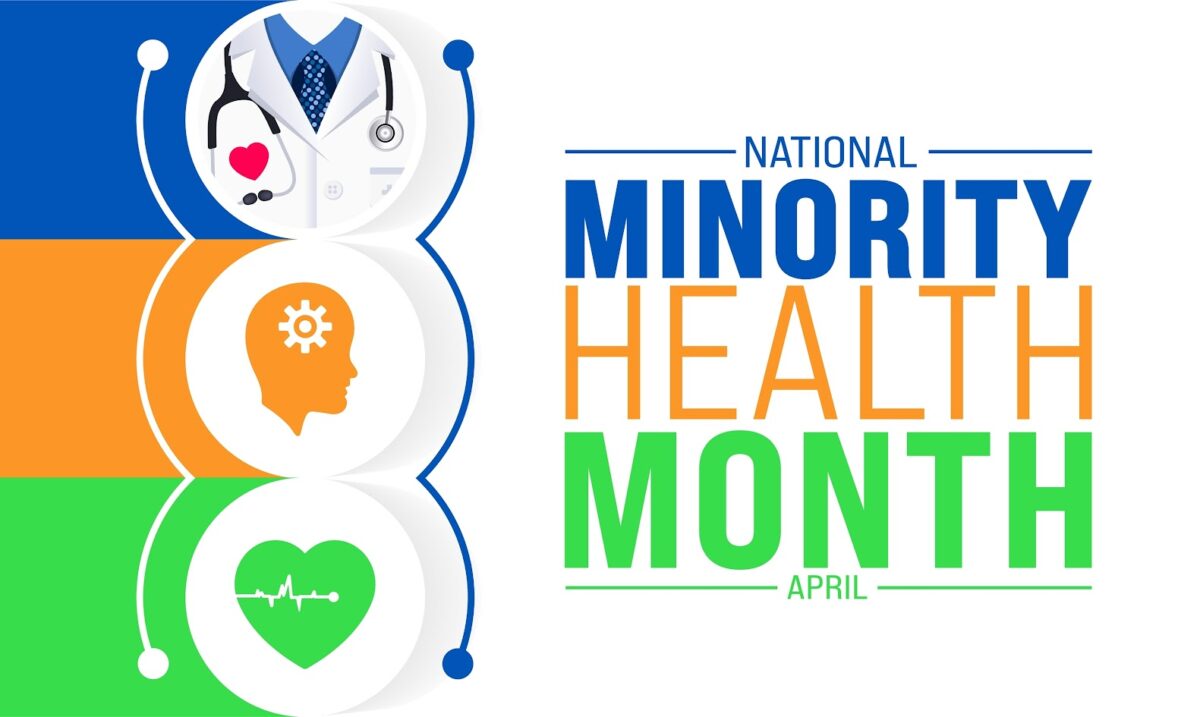From stomach cancer to colorectal cancer, bacteria are increasingly being implicated in the development of malignancies. Now, researchers at NYU Langone Health’s Perlmutter Cancer Center have identified at least three different bacterial species that colonize the mouth and have been associated with a higher, or lower, risk of developing esophageal cancer.
Patients found to have Tannerella forsythia in their mouths had a 21 percent higher risk of developing esophageal cancer. According to the researchers – who published their findings in the journal Cancer Research – this type of bacteria is also linked to gum disease.
Interestingly, some bacterial species were associated with a lower risk of esophageal cancer. Individuals harboring strains of Streptococcus and Neisseria bacteria were as much as 24 percent less likely to develop cancer, compared to those without this type of bacteria in their mouths. Neisseria bacteria are capable of degrading toxins found in cigarette smoke, however smokers often have lower numbers of these beneficial bacteria in their mouths.
The current study was an analysis of data collected by two other studies which involved over 120,000 patients. By studying the types of microbial species that can be found in the oral cavity, the researchers hoped to uncover why some patients are more susceptible to developing esophageal cancer than others.
According to the researchers, the microbiome of the mouth has been thought to play a role in the onset of head and neck cancers, including esophageal adenocarcinoma or squamous cell carcinoma, for a significant period of time. But since the average mouth can house almost 300 different strains of bacteria, the current study is the first to narrow down which microorganisms are most likely to have an impact on cancer risk.
“Our study brings us much closer to identifying the underlying causes of these cancers because we now know that at least in some cases disease appears consistently linked to the presence of specific bacteria in the upper digestive tract,” says study senior investigator and epidemiologist Dr. Jiyoung Ahn. “Conversely, we have more evidence that the absence or loss of other bacteria in the mouth may lead to these cancers, or to gut diseases that trigger these cancers.”
Health and lifestyle factors – such as smoking, diet, drinking and gastric reflux – can all affect the bacterial makeup of the mouth. The researchers caution that while their study identified certain strains associated with a higher or lower risk of esophageal cancer, they can’t prove that these bacteria alone cause, or prevent, the disease.
Esophageal cancer is among the top 10 causes of cancer death in the US, with around 13,000 patients dying as a result of the disease each year. The results of the current study could help guide physicians in the early detection of esophageal cancers.
“Early diagnosis could really help because esophageal cancers are often diagnosed in the later stages when the disease is harder to treat,” says Ahn.












Join or login to leave a comment
JOIN LOGIN